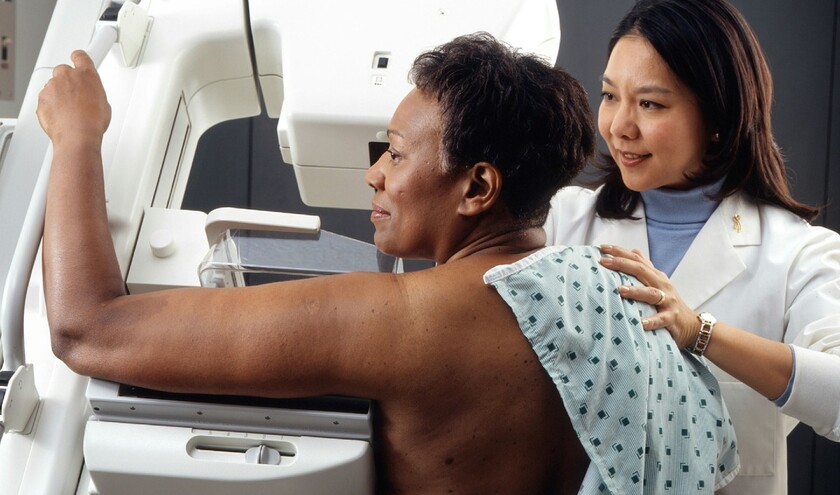The study, published by The BMJ, is based on Swedish registry data for nearly half a million women who received their first screening invitation between 1991 and 2020 and were monitored for up to 25 years.
After taking account of a range of social, economic, reproductive, and health-related factors, the results show that among women invited to their first mammography screening, almost a third (32%) did not participate.
These non-participants were persistently less likely to attend subsequent screenings and were more likely to be diagnosed with advanced-stage breast cancer than participants.
The researchers said: ‘Our study shows that first screening non-participants represent a large population at an elevated risk of dying from breast cancer decades in advance. This increased mortality is modifiable and primarily attributed to late detection.'
They add: ‘Targeted interventions are warranted to boost adherence to mammography screening and decrease the mortality risk for those who did not participate in the first screening.'
The researchers said: ‘Ensuring that women are informed, supported, and empowered to participate in their first screening should be a shared goal across the healthcare system.'



